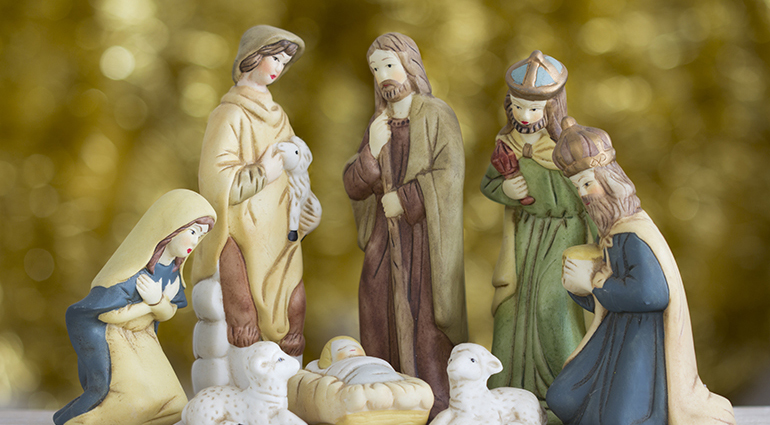Faith-Building Memories
Great is your faithfulness. Lamentations 3:23
As I stepped into the music-filled sanctuary, I looked around at the crowd that had gathered for a New Year’s Eve party. Joy lifted my heart with hope, as I recalled the prayers of the previous year. Our congregation had collectively grieved over wayward children, deaths of loved ones, job losses, and broken relationships. But we’d also experienced God’s grace as we recalled changed hearts and healed personal connections. We’d celebrated victories, weddings, graduations, and baptisms into God’s family. We’d welcomed children born, adopted, or dedicated to the Lord, and more—so much more.
Reflecting over the history of trials our church family faced, much like Jeremiah remembered his “affliction” and his “wandering” (Lam. 3:19), I believed that “because of the L
That night, each person in our congregation represented a tangible expression of God’s life-transforming love. Whatever we’d face in the years to come, as members of the interdependent body of Christ, we could rely on the Lord. And as we continue to seek Him and support one another, we can, as did Jeremiah, find our hope being ratified by faith-building memories of God’s unchanging character and dependability.
INSIGHT
In Lamentations 3, Jeremiah laments those who are persecuted for standing true to the Lord. He feels as if he himself has been plunged into darkness and chained as a prisoner (vv. 1–9). He has experienced attacks, abduction, and isolation, and has been scorned and pierced by his enemies (vv. 10–15). Personal dignity and a sense of security have been painfully replaced with loneliness and sorrow (vv. 16–20).
Yet within this valley of despair there is a greater reality that rises above the circumstances. As we reflect on the character of God we see He is always present in our situation and offers comfort and hope. God’s mercies are as certain as the rising of the sun each day (vv. 21–23). In view of this inspiring truth, the living God truly is all that we need for any of life’s trials (v. 24).
As you think back over the past year, when have you experienced the faithfulness of God?











